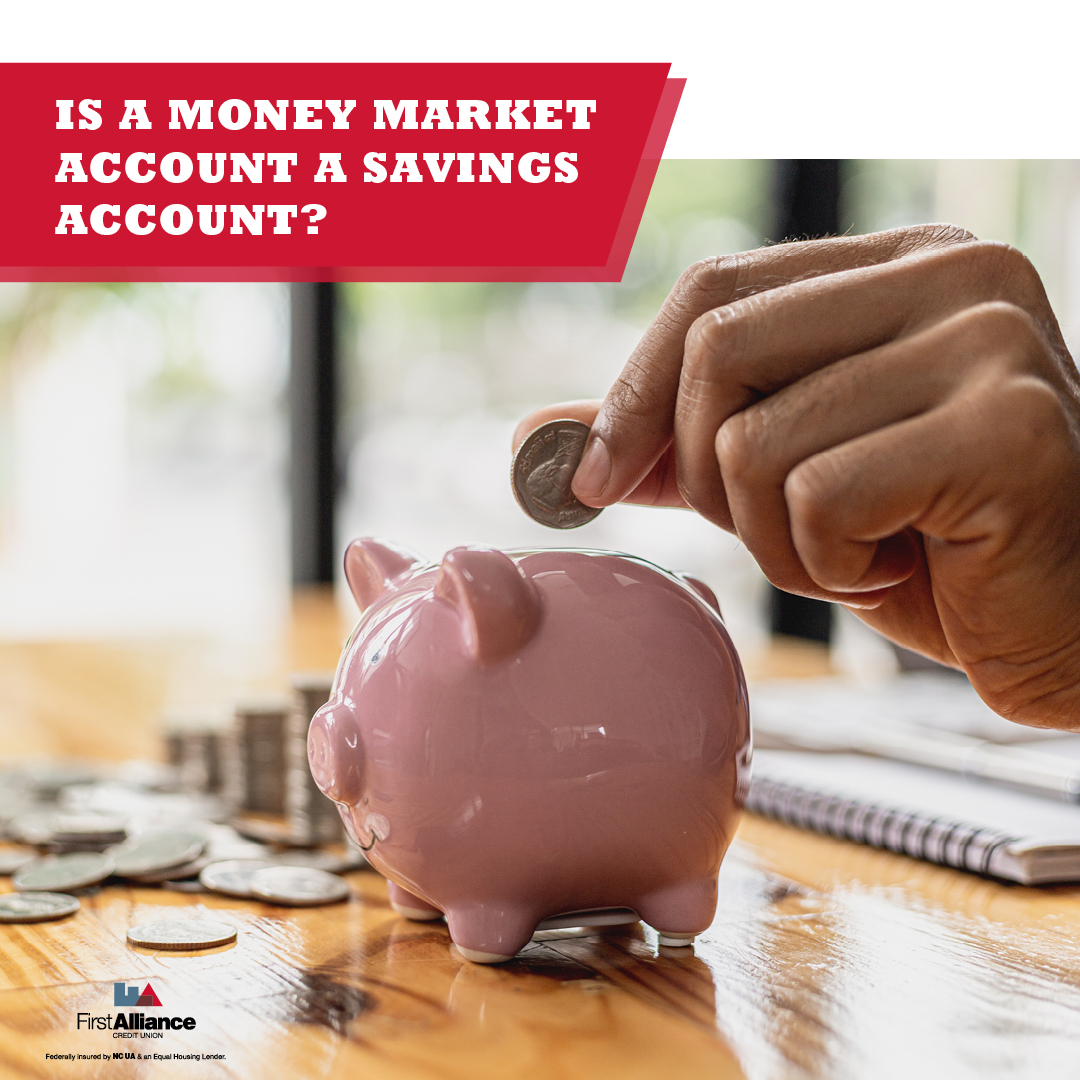Here’s why Your Company Needs a Business Savings Account
If you’re starting your own small business, you’re probably familiar with the advantages a business account offers. You probably know how it can help...
4 min read
 Chris Gottschalk
:
Jun 1, 2023 4:45:00 AM
Chris Gottschalk
:
Jun 1, 2023 4:45:00 AM
-1.png)
When you start a small business, most if not all of your profit goes towards keeping your business open and paying off your expenses. Once you’ve gotten your business more established, though, you should start making a profit. While you may put some money back into your business, you’ll also probably want to save some of that money for the proverbial rainy day.
This leads to one important question…
-1.png?width=1200&height=630&name=MicrosoftTeams-image%20(23)-1.png)
A traditional business savings account is a good option for any business, regardless of size. You can put money aside for unforeseen expenses and financial emergencies, store money that you’ll use to grow your business and even use it to keep the money you’ll have to use for taxes.
The biggest disadvantage of a traditional business savings account is that it has a lower interest rate when compared to other types of savings accounts. However, it’s still a solid choice, especially if you’re just starting to save money for your business.
On the surface, you wouldn't think there was much difference between a business savings account and a personal savings account. After all, each of them are meant for account holders to store money they want to set aside for future goals. However, there are some important differences.
For instance, a business account can have multiple authorized users, while most personal bank accounts usually have at most two authorized users if the account is a joint account. This can also include business credit cards. In addition, you can also authorize new users and de-authorize existing users who are no longer associated with your company. This lets multiple people use a business account for multiple projects.
Business savings accounts also, unfortunately, tend to have more fees than personal accounts. This can include
The reason business accounts have more fees than personal accounts is that they take up more of a financial institution's resources than most personal accounts do. The increased fees reflect this.
To choose the best business savings account for your company, consider factors such as interest rates, fees, minimum balance requirements, accessibility, and the reputation of the bank. It's important to compare different options and choose the one that best suits your business's financial needs and goals.
Once your business has over $2,000 in extra money, you’ll want to consider opening a money market account for your business. A money market account gives you the same access to your money that a traditional business savings account does. However, it also gives you a much higher interest rate.
A business money market account is an excellent place to store your company’s emergency fund, not to mention any money you’re saving for smaller business financial goals. The only caveat is that you have to maintain the minimum balance in your account, or else pay a maintenance fee.
When compared to a traditional savings account or a money market account, putting your company’s funds in a certificate of deposit, or CD, might seem like an odd choice. Not only do you need to have enough money to satisfy the minimum deposit requirement, but you also won't be able to touch the funds you put in the CD until it matures. If you're clever, though, you can use a CD to not just save your business's money, but even get ahead financially.
Believe it or not, the main benefit of a business certificate of deposit is the fact that you can't access your money until the CD matures. This makes a CD a great way to set money aside for some financial goals. You won’t risk succumbing to temptation and spending the money in the CD on other expenses, and you’ll know exactly when that money will be available, as well as how much money you’ll receive when your CD matures.
Knowing that you can't access the business funds in a CD will also make you think hard about how you want to use the money you have sitting in your bank account. You'll want to ask yourself questions like:
While a business certificate of deposit is a good way to put excess funds to use, there are also a few CD strategies that a business owner can use to maximize a CDs potential.
One of these strategies is called a "CD bullet," and it's a great choice if you're trying to save for a financial goal. With this strategy, you create several CDs that mature at the same time for future use. For instance, you might:
One month after you’ve opened the final CD, all four of your CDs will mature, along with the interest they’ve earned. This will give you a lot of money you can then use for your financial goal of choice.
Another strategy you can use with certificates of deposit is a CD ladder. When you use this strategy, you can make sure that your money is getting a high interest rate, while making sure that at least part of your funds are still accessible.
When you create a CD ladder, you open up multiple certificates of deposit at a financial institution, each with different terms. So you might open up:
When the 6-month CD matures, you can either use that money, or you can reinvest it in another CD, creating another rung on the ladder. This gives you some flexibility you won't get if you were to just place your money in a single certificate of deposit. It's worth pointing out you'll be able to track the progress of all your CDs in your ladder by logging into your online bank account or mobile app.
Once your business starts bringing in more money than it spends, you’ll need to figure out some place to save it. You have several options, but the most common ones are business savings accounts, business money market accounts and business CDs. Each one has its own advantages and disadvantages, and you can use them to do anything from grow you emergency account faster to make saving for a financial goal easier.
If you’d like to put your business’s savings to work, become a member of First Alliance Credit Union today. We’ve helped several local businesses grow with a business account. You can start by opening a business savings account, which only requires a $5 minimum opening deposit and gives you unlimited check and cash deposits, a low required minimum account balance and even a business debit card, all without a monthly maintenance fee. From there, you can open up a business checking account, and even move your money to a money market account or a CD. You can even get loans geared toward businesses, from a business equipment loan to a commercial line of credit, and use our online banking platform to monitor your accounts.

If you’re starting your own small business, you’re probably familiar with the advantages a business account offers. You probably know how it can help...

Almost everyone uses a savings account when they first start saving money. After you’ve been putting aside money for a few months, though, another...

Here’s a fun challenge–visit the savings account page of a credit union’s website, including First Alliance Credit Union, and look for find money...